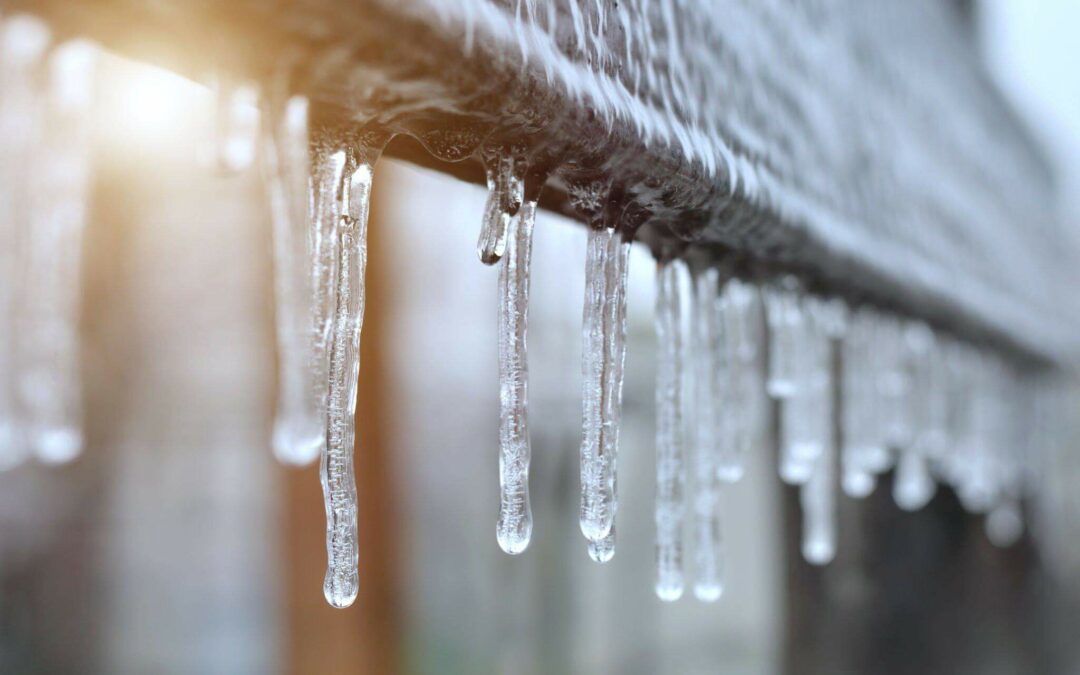Even though South Jersey winters can be stunning, the bitter cold is not conducive to pipes. Frozen pipes can result in a variety of frustrating and expensive problems. Frozen pipes prevent running water from flowing, interfering with your seamless business processes. The possibility of bursting pipes and flooding damage is another nerve-wracking problem. But don’t worry; there are tried-and-true methods on how to fix frozen pipes in your commercial property this winter.
Examining Your Pipes Is Key
An in-depth inspection of your establishment’s plumbing system is ideal at the start of winter. Winter weather may halt the flow of water and waste materials via pipelines, increasing the jams that form over time. Additionally, extreme cold can make it challenging to follow your commercial property’s annual maintenance schedule.
Finding your water shutoff point is crucial in the event of a burst pipe. While you wait for a plumber or a more substantial fix, a kit for temporary repairs may be able to patch up broken pipes.
Be On The Look Out for Leaks, Cracks, or Other Breakages
As part of this complete inspection, you should check all pipes in your building, both inside and outside. Check the sprinklers and outside faucets to ensure they are all turned off. Remember to inspect the internal plumbing, especially behind sinks and toilets, where leaks may form unnoticed.
Clear Out Your Water Heater
At least once a year, you should empty and refill your water heater. It can help you lessen the chance of long-term problems brought on by silt accumulation. Flush your hot water tank by simply turning on the cold water tap that feeds it. Once the water from your hose is clear, let it run for a few minutes. Keep flushing until there is either no more sand in the water or very little of it.
Insulate
One of the best protections against frost damage is insulation, which isn’t as expensive to implement as you might first think. If you are not using pipes, drains, cisterns, or other water-containing structures this winter, drain them, and if you must use them, insulate them. It will prevent winter-related problems and will also save you on energy costs.
You can apply insulation coils around any vulnerable piping. If the pipes are thinner than those that typical polyethylene would cover, heating tape or cable may be a simple, less expensive option for insulation. During the first crisp autumn days, glance around your commercial property.
Check Your Drains, Faucets, and Pipes
Regular building maintenance over the upcoming months is the best way to avoid potential plumbing problems during the winter. Examine and clear any material accumulated over time from pipe traps, drains, and faucet screens. Any unheated areas of your commercial property, like the parking or garage, should be adequately insulated and covered to prevent pipes and faucets from freezing.
Hire a Commercial Property Winter Pipe and Drainage Professional
All commercial property owners find winter to be a difficult season. However, there are practical ways to prepare your property and staff for winter to prevent hassle and expenses due to failed drainage and pipes. A company like Rahn Companies can help you spot any possible concerns before they become an extra cost and stressor in the winter.
We hope that these five effective ways were beneficial. Feel free to call us if there are pipe problems and help with drainage during the winter. Get a free estimate today.


